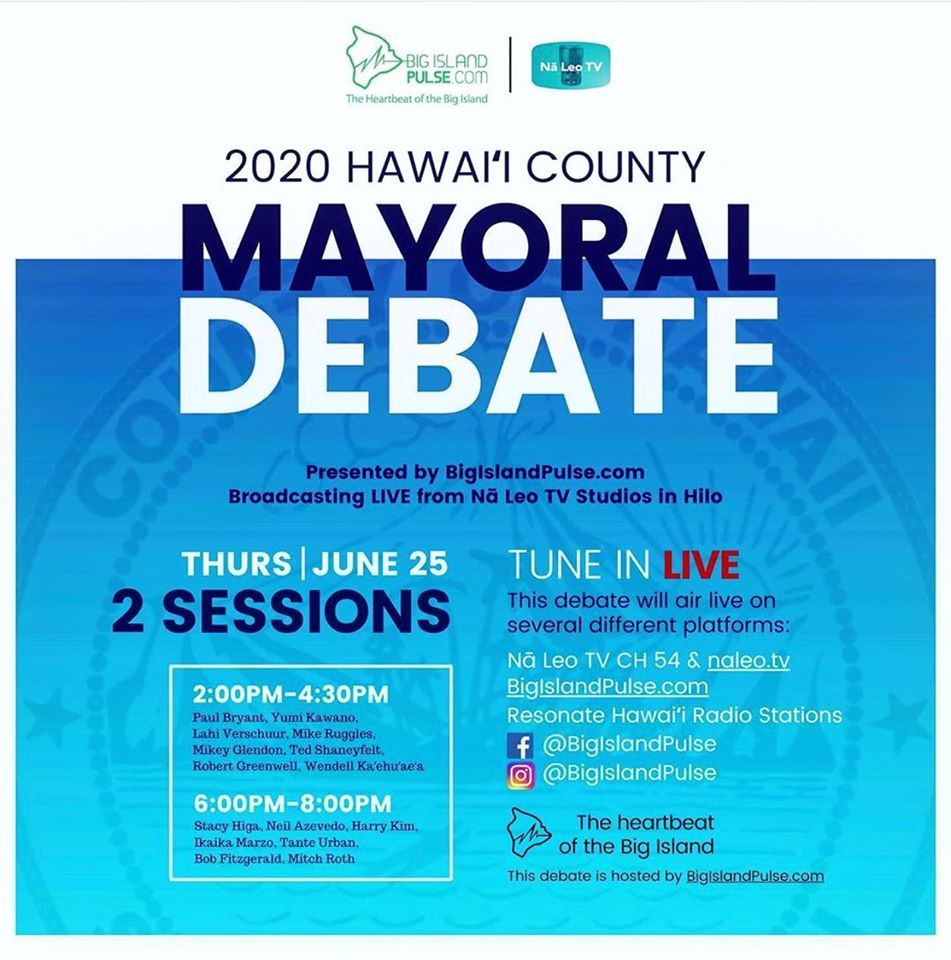AOC Misunderstands the Impact of Trump’s Tariffs on Prices: Insights from Bob Brooks
In a thought-provoking segment aired on Monday, commentator Bob Brooks tackled the recent remarks made by Rep. Alexandria Ocasio-Cortez regarding President Donald Trump‘s tariff policies. Ocasio-Cortez, often characterized for her fiery rhetoric and bold proposals that advocate for sweeping changes in economic policy, has expressed significant concern over these tariffs and their potential catastrophic impact on the American economy. Brooks, however, takes a distinctly different stance. With the ongoing resilience of the American economy in sight, he argues that Ocasio-Cortez’s apprehensions may be more akin to political theatrics than grounded economic analysis.
The crux of Brooks’s argument revolves around the notion that the current state of the American economy remains robust despite the implementation of tariffs. He points to essential economic indicators, such as low unemployment rates and consumer confidence levels, which reflect a thriving marketplace ready to adapt and overcome the challenges posed by global trade fluctuations. The tariffs have been a contentious element of Trump‘s economic policy, intended to protect American industries from foreign competition that often benefits from unfair trade practices. Brooks suggests that instead of fearing these tariffs, a more nuanced understanding of their role in fostering a level playing field for American businesses is warranted.
From a libertarian perspective, one might argue that free markets work best unencumbered by interference, including government-imposed tariffs. However, reality is more complex; protecting American industries is imperative in an increasingly competitive global economy. While tariffs can be seen as a form of economic intervention that runs contrary to the core principles of free-market libertarianism, in some situations, they can serve as a temporary safeguard. This becomes particularly pertinent when considering industries that might otherwise be decimated by foreign subsidies and dumping practices.
Brooks elaborates on a significant point: the administration’s tariffs are not meant to incite trade wars but to catalyze fair competition. Instead of viewing Ocasio-Cortez’s criticisms as justified, Brooks suggests a more constructive lens through which to view this economic policy. He posits that if the American economy can withstand these tariffs and continue to flourish, it stands as evidence that the economy is resilient and adaptable, qualities that should be celebrated rather than condemned.
It’s easy to see how Ocasio-Cortez and her allies might frame tariffs as detrimental, especially in an age when any hint of potential price increases is met with fervor, igniting fears of an economic downturn. Nevertheless, Brooks argues that the reality is nuanced. For instance, while consumers may face higher prices on certain goods, they also benefit from a more prosperous job market, where wages are raised and job security is improved as a direct outcome of protective economic policies. The choice to prioritize American jobs over foreign competition speaks to a commitment to the labor market that reflects a deep empathy for everyday Americans working hard to support their families.
Moreover, Brooks alludes to how the broader narrative surrounding Trump‘s tariffs often overlooks the positive externalities that can arise from these protective measures. For one, there is a strengthening of domestic supply chains—an essential element for national security, especially as the global economy becomes ever more interconnected and, at times, unstable. In a world increasingly influenced by geopolitical tensions, ensuring a stable and prosperous domestic economy must take precedence over unrestricted global trade.
Equally important is the sentiment of empowerment that comes with supporting local industry over foreign competitors. Tariffs can be seen as a form of encouragement for American consumers to invest back into their economy, supporting businesses that pay local taxes and contribute to community welfare. This perspective aligns with a larger libertarian ethos, emphasizing the importance of choice and personal responsibility, advocating for economic policies that reflect the values of hard work, self-sufficiency, and community engagement.
As Brooks articulates his viewpoint, it becomes clear that the discourse engendered by Ocasio-Cortez’s comments falls short of understanding the complexities involved in international trade and tariffs. The reality is that economic policies must consider the long-term implications for the American workforce, manufacturing sectors, and the broader economy, rather than merely decrying measures that are designed to protect these interests.
In conclusion, one must recognize that while tariffs, at first glance, may appear to contradict libertarian principles, they can serve a purpose in protecting American jobs and industries within an ever-evolving global economic framework. Brooks’s argument highlights that the fear surrounding these tariffs, as expressed by advocates like Ocasio-Cortez, may overlook the positives that come with fostering a resilient American economy. Rather than hysteria, what is needed is a rational, reasoned discussion about the role of trade, tariffs, and economic policy in nurturing a nation that is not just surviving, but thriving in a competitive world.
This conversation is crucial for understanding the delicate balance between free market principles and protective measures that ensure a robust economy capable of facing the challenges of the 21st century head-on. It invites all stakeholders to engage thoughtfully and constructively in debates about economic policy, emphasizing empathy for those affected by these decisions while exploring solutions that prioritize American interests and global cooperation alike.
source of this video: AOC is wrong about Trump‘s tariffs raising costs: Bob Brooks | American Agenda
Advertisement:








